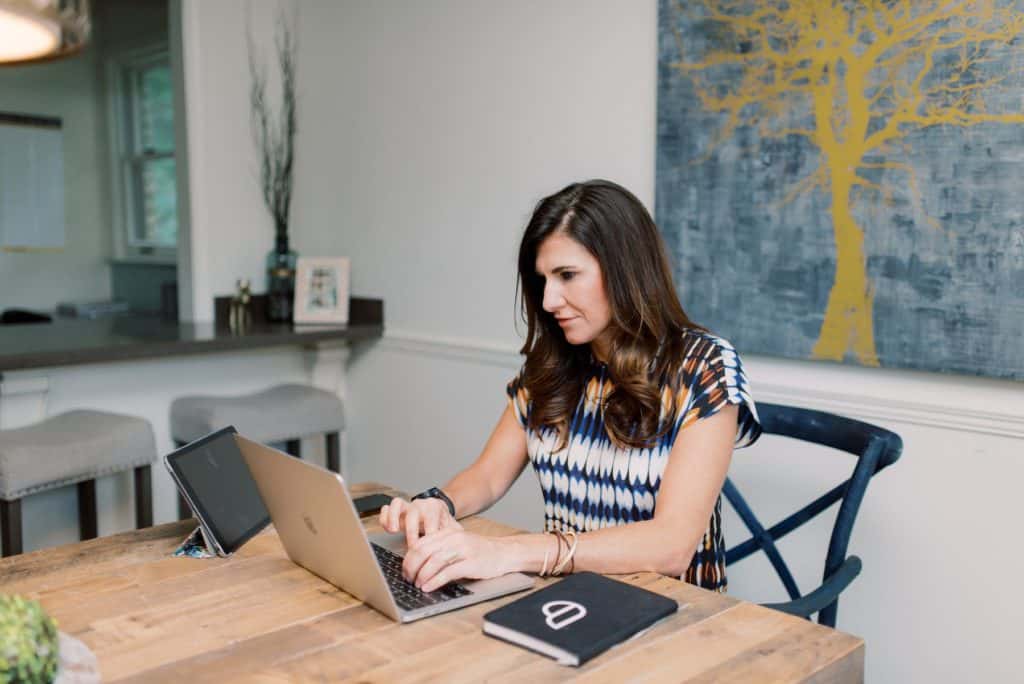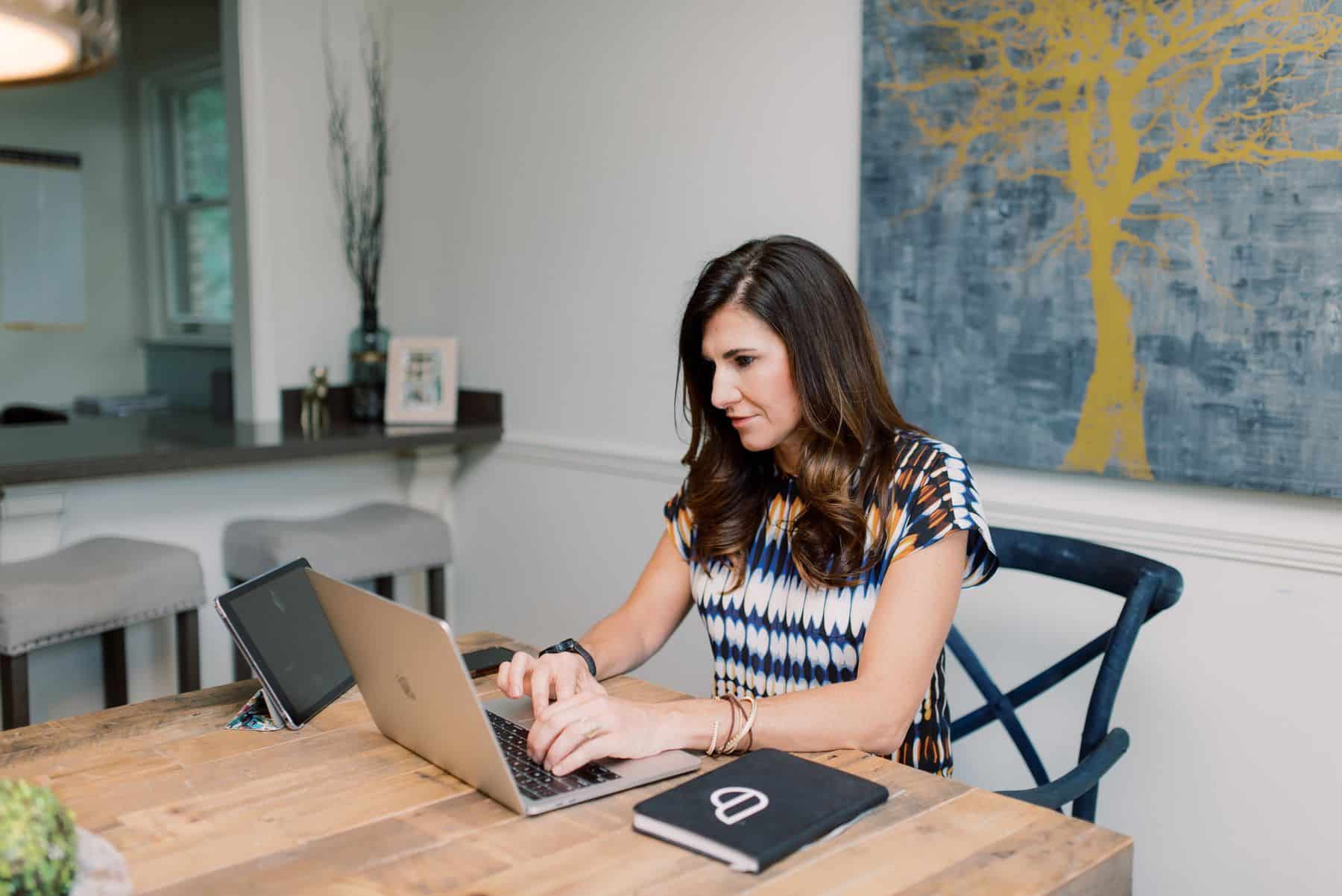I’ve had to do a lot of re-invention the past few weeks. Prior habits and passions just aren’t as doable as they were before, and some are just flat out impossible. It doesn’t mean that those activities are now obsolete, they just need to be reborn. Like working out. I can’t go to the gym right now, but it doesn’t mean exercise has to end. It just starts to look different.
Many businesses are facing that same decision. The products and business models that once made them successful just don’t work today. Does that mean you should just close shop or come to a complete pause? I don’t think so, and that’s not what I’ve done with my own business. Many companies became the sustainable brands they are because they pivoted their business during a time of crisis. They did it by changing their customer segment, distribution channels, marketing strategy, pricing model or even the problem they wanted to solve to begin with. A pivot in business is like a pivot in sports. You keep one foot planted while shifting the other foot until you get traction. A pivot done well is inspiring to your team, your investors, and yourself. I’d actually argue that even a bad pivot will be more rewarding than pausing in indecision.

Here are a few great examples of companies that had massive pivots or adjusted their current offering to become more relevant:
Play-Doh started in the ‘30s as a wall cleaner to clean coal residue. When oil and gas heaters became ubiquitous, they risked becoming obsolete. Randomly, they found out that a teacher friend had been using the product in arts and crafts class. Since then, more than 2 billion cans have been distributed worldwide.
Birmingham-based MixTroz, offering software that facilitates networking at events, released a virtual product to engender communication and connections during remote meetups. In under three weeks they released a valuable offering for businesses that struggle to engage everyone on large video calls.
Deepti Sharma, the Founder & CEO of foodtoeat.com, a catering business that partners with immigrant women and minority-owned restaurants in New York City, adjusted her platform to support her restaurant partners. Food to Eat asks consumers to either place large orders or to donate directly to them via iFundWomen. In return, she places orders with their restaurant partners and donates all the food to shelters and food banks in New York City.
However you use this time to pivot, you may need a cost-effective resource to help you with marketing, research, a monetization plan, or to adjust your terms and conditions. Boulo has on-demand talent with the professional experience to solve your problems fast and with a minimal financial commitment. During this time, we want our Boulo members to be contributing to sustaining small businesses.
So, here’s our offer: if you call us and tell us your pivot story, we’ll match you with the right Boulo talent to help you execute your pivot at our cost. Your business thrives, our women contribute, and we get to see our vision for professional achievement without compromise come full circle.

